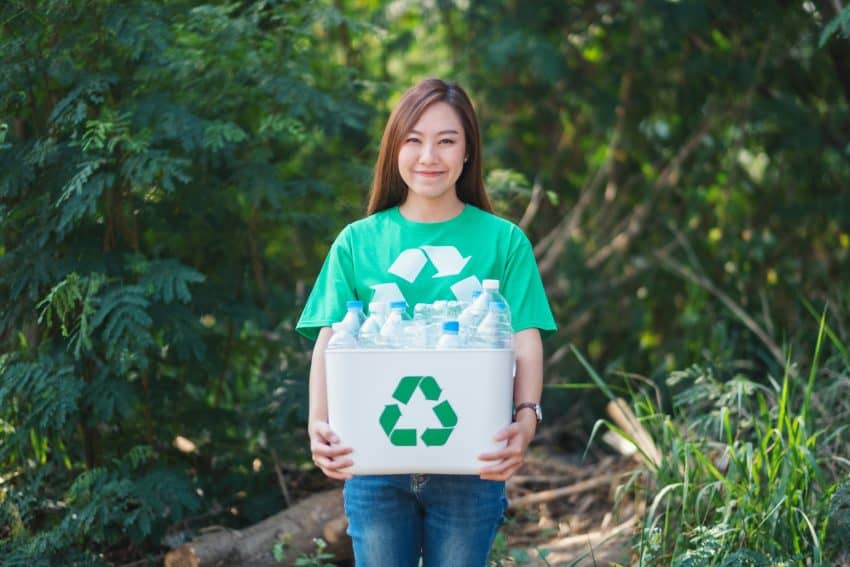Florida’s pristine beaches and diverse ecosystems are under threat. Single-use plastics litter its coastlines, endanger marine life, and clog waterways. The state generates massive plastic waste daily. Without immediate action, the problem will worsen.
Plastic pollution harms wildlife. Turtles mistake plastic bags for jellyfish. Birds ingest microplastics, disrupting their digestion. Fish consume toxic debris, affecting the entire food chain. This crisis threatens tourism, a vital industry. Visitors seek clean beaches, not plastic-filled shores. Protecting the environment is essential to preserving Florida’s economy.
Local Activism Sparks Change in Communities
Communities are leading the charge against plastic waste. Grassroots organizations work tirelessly to reduce reliance on disposables. Activists organize cleanups, raising awareness about pollution. Their efforts educate residents and inspire action.
Nonprofits collaborate with local businesses to promote alternatives. Many restaurants now offer paper straws or compostable packaging, and some grocery stores encourage reusable bags over plastic. These small changes create a significant impact over time.
Schools are also involved. Students participate in recycling programs and environmental clubs. Education plays a crucial role in shaping responsible habits. When young people engage, they influence family decisions. These efforts drive long-term behavioral shifts.
Policy Battles: The Struggle for Plastic Bans
Many Florida cities attempted to ban plastic bags and straws. However, state preemption laws block local governments from enforcing such restrictions. This legal barrier frustrates environmental advocates. They argue that local communities should have the power to regulate their waste.
Despite obstacles, some municipalities find creative solutions. They incentivize businesses to phase out single-use plastics voluntarily. Others launch awareness campaigns to reduce demand. Collaboration between lawmakers and activists remains crucial in overcoming policy challenges.
Statewide initiatives have also gained traction. Some legislators push for laws limiting plastic production, and businesses supporting sustainability lobby for eco-friendly regulations. Public pressure continues to shape policy discussions in Florida.
Business Innovation: A Shift Toward Sustainability
Companies are taking steps to reduce plastic waste. Some restaurants replace plastic cutlery with biodegradable options, and others offer discounts for customers using reusable cups. These incentives encourage sustainable habits among consumers.
Retailers experiment with refill stations, reducing packaging waste. Grocery stores introduce bulk-buy sections, allowing customers to bring their containers. These changes cater to the growing demand for environmentally conscious shopping experiences.
Startups in Florida develop biodegradable plastics from natural materials. Innovations in sustainable packaging gain traction. Supporting these businesses fosters a greener economy. Investment in sustainable alternatives can drive long-term environmental change.
The Future of Florida’s Anti-Plastic Movement
Public support for plastic reduction grows every year. Activists continue pressuring lawmakers to pass stricter regulations. More businesses commit to sustainable practices. Awareness campaigns reach wider audiences, influencing consumer behavior.
Grassroots efforts will remain the backbone of this revolution. Community engagement, corporate responsibility, and legislative action must align. By working together, Floridians can protect their environment for future generations.
The fight against single-use plastics is far from over. Every individual’s action contributes to a cleaner, healthier Florida. Change begins at the local level and spreads outward. A sustainable future depends on collective responsibility and persistent advocacy.

